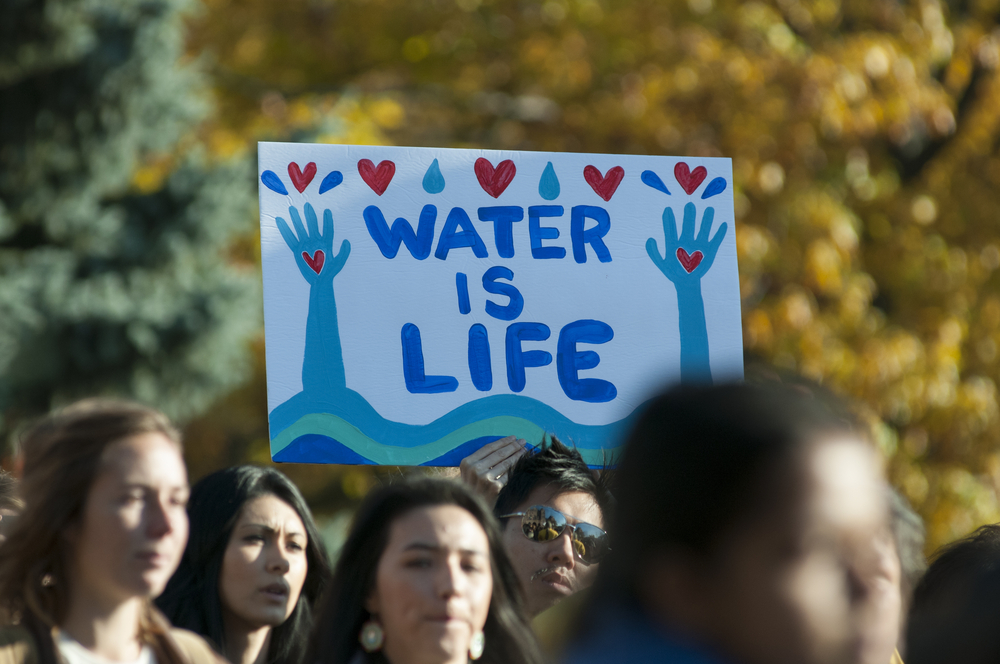On Monday, March 20, 2023, the United States Supreme Court will hear arguments in a case threatening the ability of Indian tribes to protect and enforce their water rights. Last year, the Ninth Circuit Court of Appeals ruled that the Navajo Nation can pursue its water rights claims against the United States. Navajo Nation v. U.S. Dept of the Interior, 26 F.4th 794, 812 (9th Cir. 2022). However, the Biden Administration—which has repeatedly pledged to protect Indian trust assets—contends that the Federal government is under no “affirmative, judicially enforceable fiduciary duty to assess and address the Navajo Nation’s need for water from particular sources.”
Ahead of the oral argument, hundreds of Indian tribes filed amicus briefs in support of the Navajo Nation’s ability to protect and enforce its water rights in court. The tribes argued that they must be able to bring cases in court to protect and enforce their water rights which are held in trust by the United States. Meanwhile, the United States argued that it has no judicially enforceable trust responsibility to protect a tribe’s water rights.
A number of tribes filed their own amicus briefs with the Supreme Court, and many more were represented by tribal organizations who filed briefs on their behalf. Amicus briefs are “friend of the court” and are filed by individuals and groups with particular expertise or an interest in a case. All of the briefs are available on the Supreme Court web page here.
The case threatens the more than 100-year-old Winters Doctrine. In Winters v. United States, 207 U.S. 564 (1908), the Supreme Court held that Indian reservations include the reservation of waters necessary to make a homeland. The Supreme Court agreed to hear the case in November 2022. For more about the case, go here.
Many of the tribal briefs highlighted critical actions the United States took in 1908 to exercise its trust responsibility and defending tribal water rights in the Winters case—contrary to the position the government is now taking. A number of the tribal briefs also provided the Court with specific facts and information about their need for water to provide a homeland on their reservations.
Oral arguments begin at 10:00 a.m. eastern time on March 20. The arguments will be streamed live here. A written opinion is likely before the end of the current term in October and could be announced within 90 days of oral argument.
Patterson Earnhart Real Bird & Wilson LLP is dedicated to the representation of American Indian tribes, tribal entities, and individual Indians across the United States. Our mission is to support and advance the sovereignty, self-sufficiency, and self-governance of our tribal clients. To learn more about how we can assist your tribe, contact our Colorado office at (303) 926-5292.

